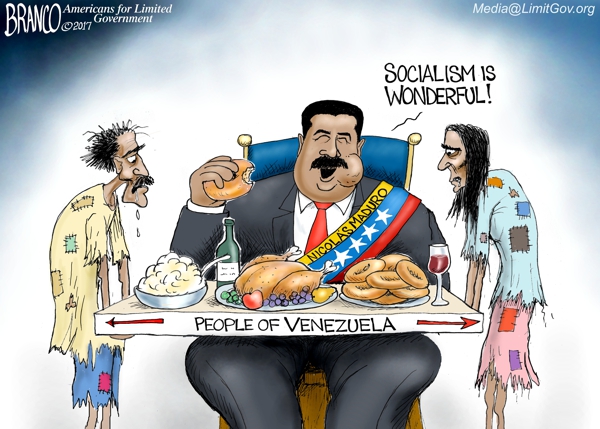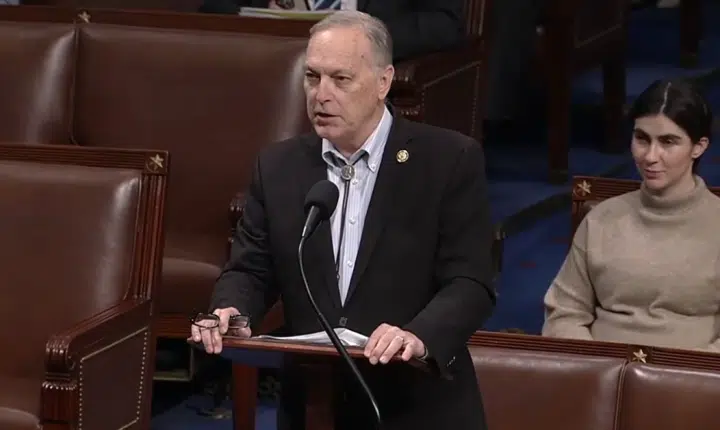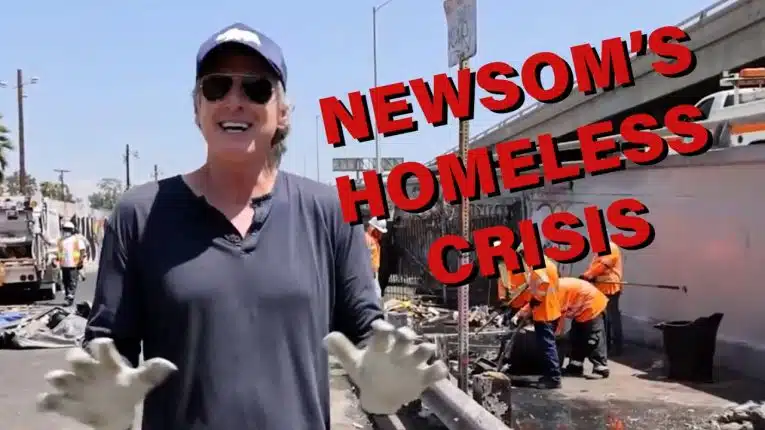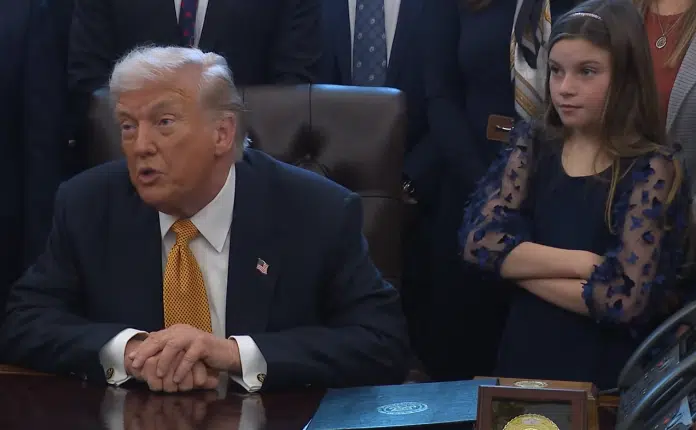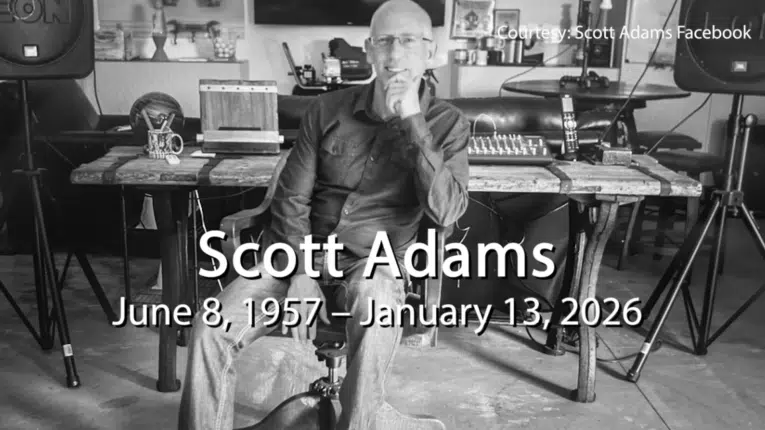By Natalia Castro
In the 2016 Presidential election, candidates like Bernie Sanders framed socialism as a viable option, but ask any Venezuelan citizen, and they will tell you it is a deadly curse. The system of government supported by the left seems to promote equality and prosperity, but victims of socialism understand the chaos the system creates. As Venezuela continues to become the worst humanitarian crisis in the Western Hemisphere, it also becomes a case study in yet another failed socialist experiment.
Venezuela had it all. The Mises Institute of Austrian Economics, Freedom, and Peace in an October 2017 report by Rafael Acevedo and Luis B. Cirocco explains, in the late 20th century, Venezuela had a functioning democracy with a large oil supply. But as the government acquired more and more industry, wealth grew disproportionately, creating a large impoverished underclass.
Socialism was the problem. And the vast income inequality and seemingly disposable government income from oil revenues, allowed populist leader Hugo Chávez to enter the political realm as things got wose.
Acevedo and Cirocco continue, “He was elected in 1998 and promised to replace our light socialism with more radical socialism. This only accelerated the problems we had been facing for decades. Nevertheless, he was able to pass through an even more anti-private-property constitution. Since Chávez’s death in 2013, the attacks on private property have continued, and Chávez’s successor, Nicolás Maduro, promises only more of the same. Except now, the government is turning toward outright authoritarian socialism, and Maduro is seeking a new constitution in which private property is almost totally abolished, and Maduro will be allowed to remain in power for life.”
Things got worse, again, native Venezuelan and political activist Debbie D’Souza explained on PragerU, once oil prices took a dive in 2014, the Venezuelan government could no longer make good on expensive promises to the people; and hyperinflation made the countries currency worthless, businesses left for capitalist countries, and 75 percent of adult’s lost weight due to food insecurity.
For context, one U.S. Dollar is currently worth about 50 thousand Venezuelan Bolívars.
Venezuela’s government maintains strict control and is unafraid to use it. Mary Anastasia O’Grady of the Wall Street Journal reveals, “The dictatorship increasingly controls what food there is. Dollars from oil exports go only to the state, which uses them to import. It also confiscates, at will, farm production and the output of agricultural processors… To receive the rations, Venezuelans must carry the Carnet de la Patria, a government-issued license only available to those approved by the regime.”
The scarcity brought on by socialism has allowed the distribution of food to become a political weapon, and it is fueling a humanitarian nightmare.
The United Nations reported this month that in 2017, over 94,000 Venezuelans fled their country and sought refuge in neighboring nations like Colombia, a 2,000 percent increase since 2014. This has made the Venezuelan crisis the largest refugee crisis Latin America has ever seen.
This is not just the story of a failing country; it is the story of socialism.
Parallels can be made to socialist regimes across the world. Felipe Moura Brasil, a journalist and Veja magazine columnist, explained to PragerU, “[In Brazil], [s]ocialism worked for a while, socialism always works at the beginning; but government spending kept going up, and then [the President’s] socialist paradise fell apart, and the economy fell with it. The outcome: from 2008 to 2015, government spending grew nearly four times as fast as tax revenue. The economy shrank 3.8 percent in 2015, the worst result in 25 years… We also remain among the world’s leaders in murder and robbery, and we rank near the bottom in of industrialized nations in terms of education and healthcare.”
Brazil and Venezuela had the opportunity to become global leaders, they had resources and wealth; but they also had socialism, which destroyed all of their potential.
As D’Souza noted, “Once a country goes down a socialist path, there’s no easy way back. And the longer a country stays socialist, the harder it is to reform it… When people get used to depending on the government, no matter how poor they remain, that dependency is hard to break.”
The United States spoke lightly of socialism in the 2016 election, but what most do not realize is that when power is given to the government, it is taken from the people and is difficult to be given back. Americans must look at Venezuela’s tragedy and understand that it can happen here if we let it. If we allow the government to provide us with everything, we are giving them the capability to take everything away.
Natalia Castro is a contributing editor at Americans for Limited Government.


